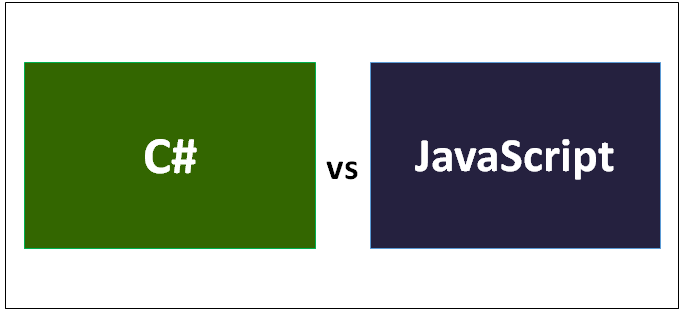What the Important Difference between C# and JS

Java is the Popular Programming Language of the Web. It is developed by James Gosling at Sun Microsystems, Java made its debut appearance in the May of 1995. The general-purpose programming language is concurrent, class-based, and object-oriented. It is specifically designed to have fewer implementation dependencies.
Java functions as Write Once, Run Anywhere. This simply means that the compiled Java code can run on different platforms that provide support for Java without the need for recompilation. The Java language is heavily inspired by C++. As a result, much of its syntax is derived from C++. Java 11 is the latest version of Java and also an LTS (Long-Term Support) version, it was released on 25th September 2018.
C# is the programming language of the Microsoft Ecosystem. It is developed by Anders Hejlsberg. C# is one of the programming languages designed for common language infrastructure. C# is also an imperative, multi-paradigm, object-oriented, general-purpose programming language.
C# vs Java: The Battle Begins
The Java programming language is typically used for developing complex web-based, highly concurrent applications in an open-source ecosystem.
C#, on the other hand, is used for game, mobile, and web application development specifically for Microsoft platforms.
Both C# and Java support arrays. However, the way each of the programming languages uses them is different. While arrays in Java are a direct specialization of the object, arrays in C# are a specialization of the system.
Unlike Java, C# has something called class properties. To offer a flexible mechanism for some class to expose private fields, the class property is used. It is a member of the class.
Though Java doesn’t provide support for properties, it can be implemented by defining a pair of accessor and mutator methods.
Though both C# and Java offer anonymous methods, only the former offers anonymous methods providing closure functionality.
The Java programming language is designed to run on any Java platform with the assistance of JRE (Java Runtime Environment). In Java, the written source code is first compiled into bytecode. It is then converted into machine code that is ready to be executed on any JRE.
The C# programming language, on the other side, is designed to execute on CLR (Common Language Runtime).
The source code in C# is interpreted into bytecode, known as MSIL (Microsoft Intermediate Language), which is then compiled by CLR. The JIT compiler converts the MSIL into native machine code thereafter.









Add comment